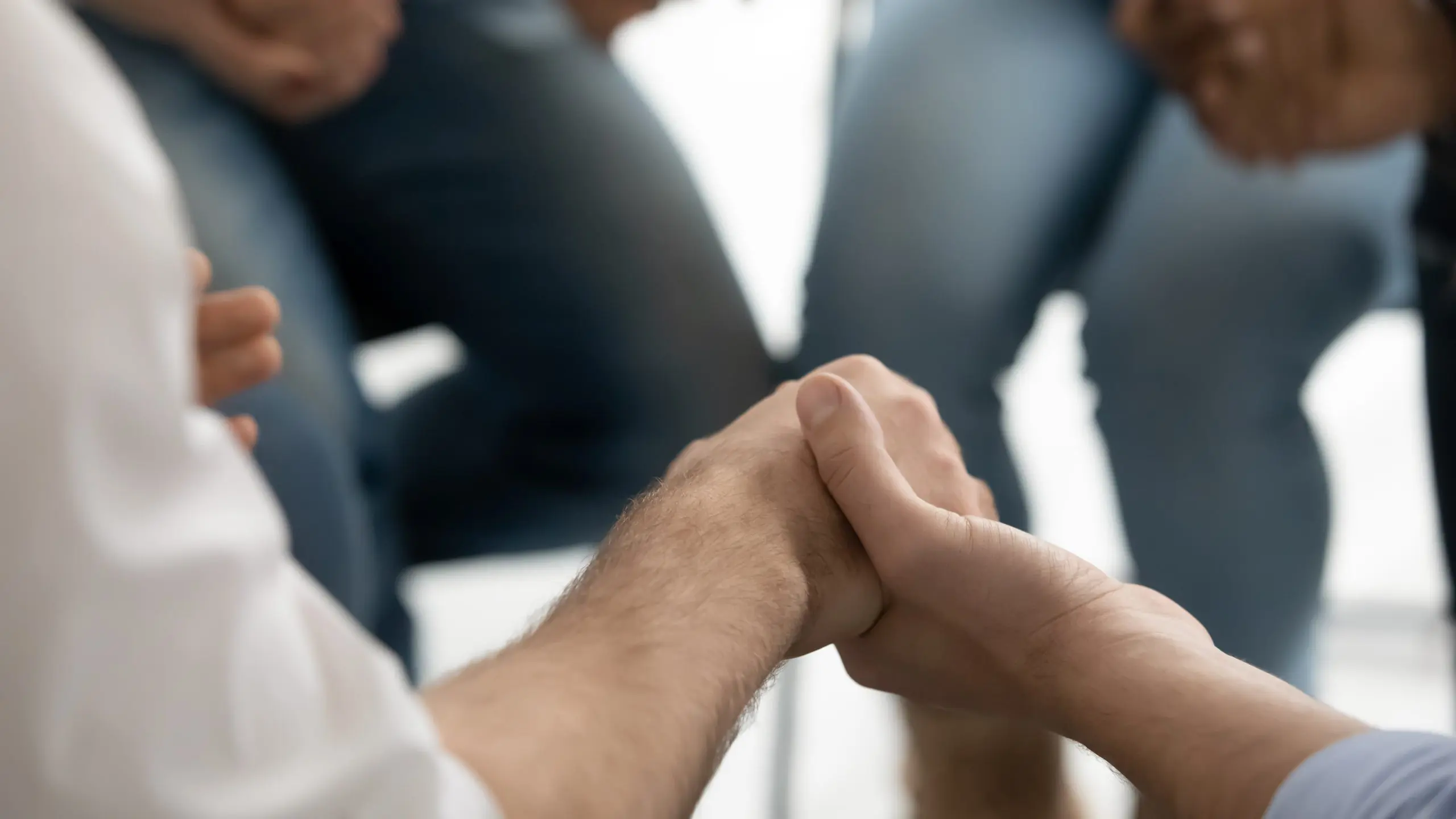


What’s Inside:
When you begin your recovery journey, one of the most valuable relationships you can form is the one between a sponsor and sponsee. This relationship can provide much-needed guidance, accountability, and emotional support. But what exactly is a sponsor? How does the sponsor-sponsee dynamic work? And why are sponsors important in the recovery process?
At its core, the relationship between a sponsor and sponsee is built on mutual trust and respect, with the sponsor providing guidance to someone newer to recovery. The sponsor vs sponsee distinction lies in their roles: the sponsor is a person who has been through the 12-step program, maintained sobriety for a significant period, and is now able to guide others through their recovery. On the other hand, the sponsee is someone who is newer to the process and seeks support in navigating the ups and downs of addiction recovery.
A sponsor is not a therapist or a professional, but rather a peer who has personal experience with addiction and recovery. Their main role is to share their experiences and help the sponsee work through the 12 steps of the recovery program, offering insight, advice, and accountability along the way.
When considering sponsor vs sponsee roles, it’s crucial to understand the responsibilities on both sides. The sponsor, as mentioned earlier, serves as a guide, providing direction and advice based on their own recovery journey. They’re responsible for helping the sponsee navigate the 12 steps, providing emotional support, and being available when the sponsee needs assistance.
On the other hand, the sponsee’s role is to be open to learning, willing to take suggestions, and ready to take responsibility for their own recovery. While the sponsor is there to provide guidance, the work of recovery ultimately lies with the sponsee. It’s the sponsee’s job to follow through on the steps, attend meetings, and apply the lessons they’ve learned to their life.
In essence, the sponsor vs sponsee dynamic is a partnership—both parties must be committed to their roles for the relationship to be effective.
Sponsors provide more than just advice—they offer a lived example of how recovery can be achieved and sustained. A sponsor works by guiding the sponsee through each step of the program, encouraging them to reflect on their actions, work through their challenges, and apply the principles of the 12 steps to their daily life.
A sponsor is also someone the sponsee can call or meet with when they’re struggling, offering emotional support during tough times. The sponsor’s own experiences with addiction often make them uniquely qualified to understand what the sponsee is going through, creating a relationship of empathy and shared understanding.
In my own experience as a sponsee, having a sponsor was like having a compass. Whenever I felt lost or confused in my recovery, my sponsor was there to help point me in the right direction, drawing from their own journey to offer advice that was both practical and personal.
The sponsor and sponsee relationship is unique in several ways. Unlike relationships with friends, family, or even therapists, the sponsor-sponsee dynamic is rooted in a shared commitment to sobriety and recovery. Both sponsor and sponsee are actively working toward the same goal, and this common ground creates a powerful connection.
One of the defining characteristics of the sponsor-sponsee relationship is that it’s built on honesty and openness. The sponsee is encouraged to be vulnerable and share their struggles, while the sponsor offers guidance without judgment. This level of transparency is essential because recovery often requires facing uncomfortable truths, and having someone to confide in can make all the difference.
Another important aspect of the relationship is accountability. Sponsors hold their sponsees accountable for their actions, helping them stay on track with their recovery goals. This accountability doesn’t mean controlling or managing the sponsee’s life; instead, it’s about being a consistent source of support and encouragement when the sponsee feels tempted to relapse or give up.
One of the main reasons sponsors play such a vital role in recovery is because they offer real-life examples of what long-term sobriety looks like. For many people new to recovery, it’s difficult to imagine a life without addiction. Seeing someone who has been where they are—and who has successfully navigated the same challenges—offers hope and inspiration.
Sponsors also provide much-needed accountability. In the early stages of recovery, it’s easy to feel overwhelmed or tempted to return to old habits. Having a sponsor creates a layer of accountability that helps keep sponsees on track, offering them support and encouragement to stick with the program.
Moreover, sponsors help sponsees avoid common pitfalls by sharing their own experiences. They’ve often “been there, done that,” so they can offer advice that comes from a place of understanding rather than theory. This lived experience can make all the difference when a sponsee feels lost or unsure about what to do next.
If you’re looking to build a strong sponsor and sponsee relationship, the key is open communication and trust. As a sponsee, it’s essential to be honest with your sponsor about your struggles, challenges, and even your fears. The more open you are, the more your sponsor will be able to help.
For sponsors, it’s important to remember that your role is not to control or judge the sponsee but to guide and support them. Listening actively, offering suggestions without force, and being a steady source of encouragement will help build a strong and lasting relationship.
If you’re seeking support in your recovery and need guidance on finding a sponsor or understanding the recovery process, Uplift Recovery is here to help. Contact us today at 866-979-5848 to learn more about our programs and how we can support you on your path to long-term sobriety.


Please complete the form below for Insurance Verification. Our Admissions team will get back to you shortly.
Unfortunately, we are unable to accept Medicare or Medi-Cal at this time.
Confidential | Cost Free | No Obligations
Please complete the form below for Insurance Verification. Our Admissions team will get back to you shortly.
Unfortunately, we are unable to accept Medicare or Medi-Cal at this time.
Confidential | Cost Free | No Obligations